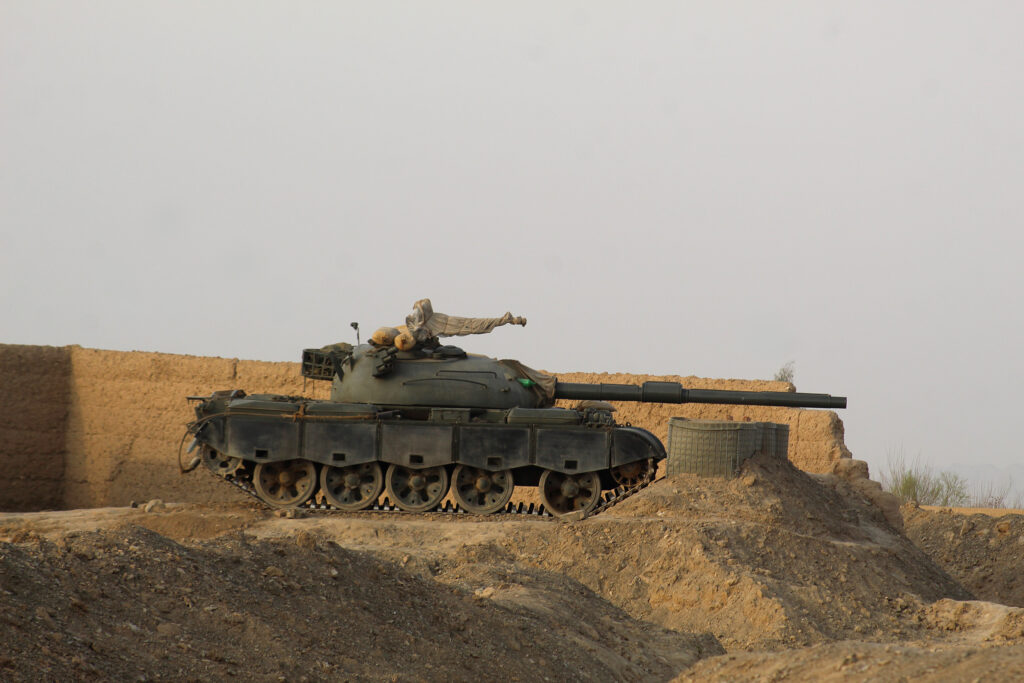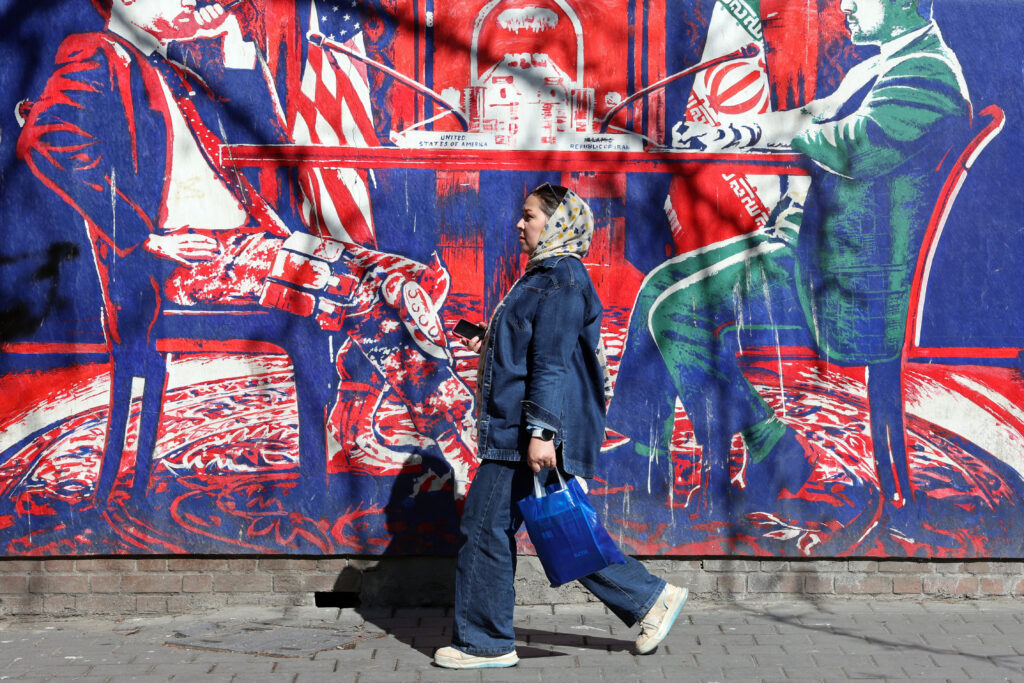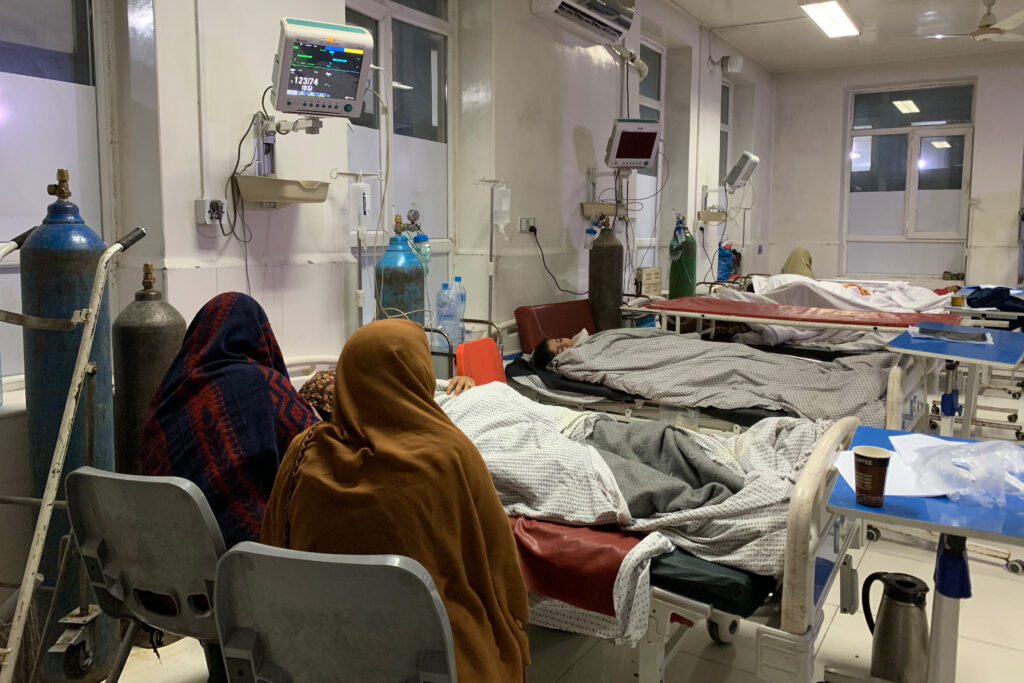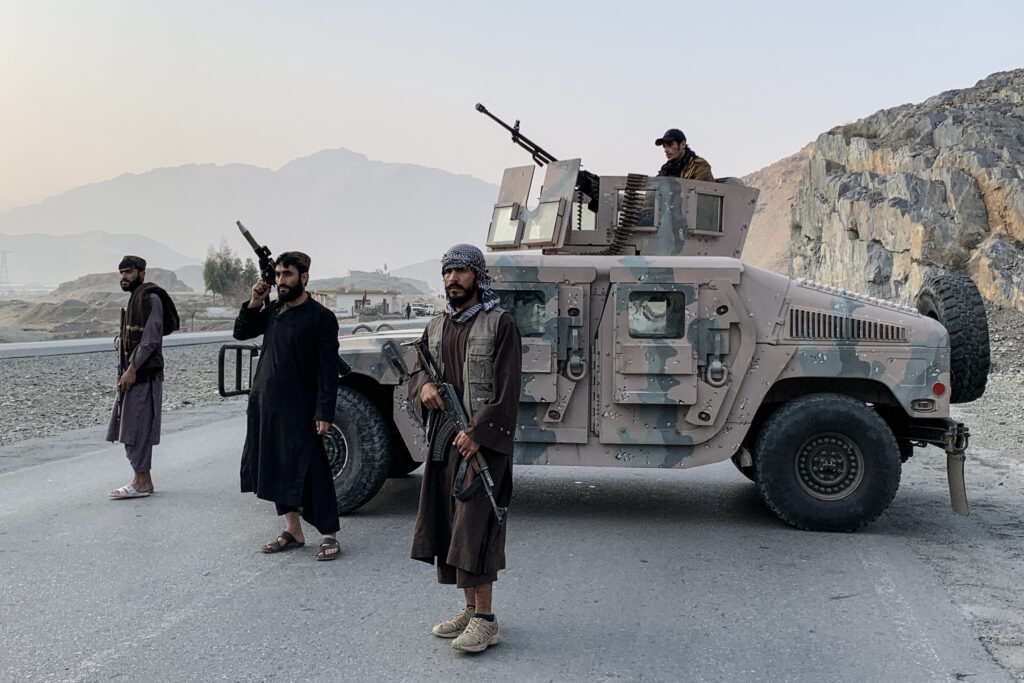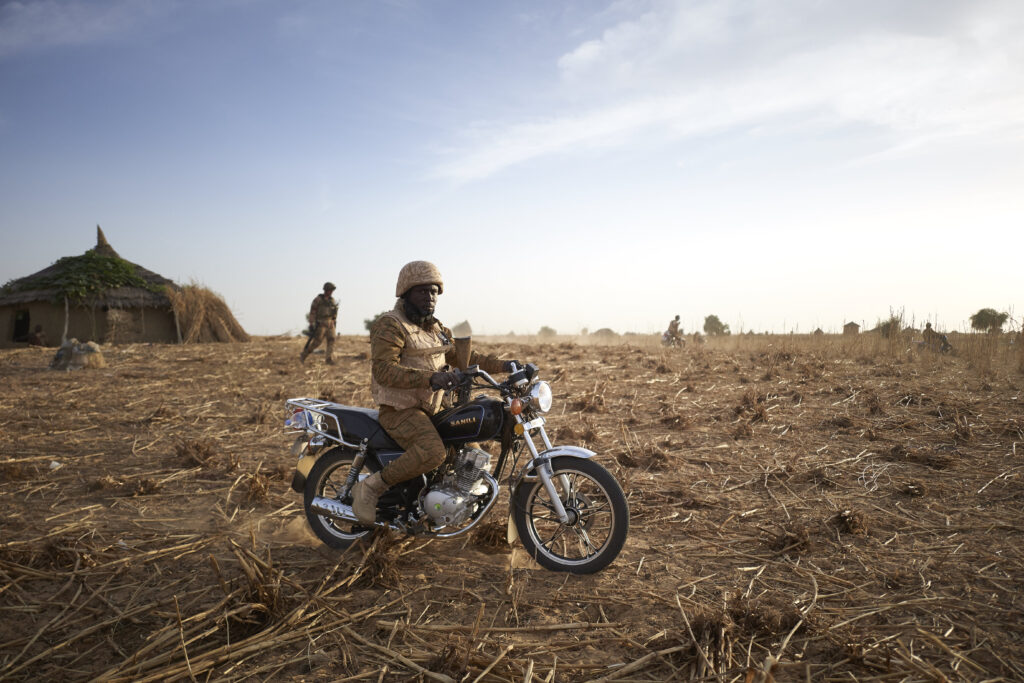Le Pakistan bombarde Kaboul dans la “guerre ouverte” déclarée aux autorités talibanes
Le gouvernement pakistanais a déclaré vendredi la “guerre ouverte” aux autorités talibanes après une offensive afghane lancée la veille à sa frontière, qui a conduit Islamabad à bombarder notamment Kaboul en représailles, après des mois de dégradation de leurs relations. Longtemps proches, le Pakistan, puissance nucléaire, et l’Afghanistan s’affrontent sporadiquement depuis que les dirigeants talibans ont repris le contrôle de Kaboul en août 2021. Le Pakistan accuse les autorités afghanes d’abriter des activistes armés qui lancent des attaques sur le territoire pakistanais – ce que l’Afghanistan dément. La plupart des attaques ont été revendiquées par les talibans pakistanais (TTP).Les heurts se sont intensifiés dernièrement et depuis les combats d’octobre qui ont fait 70 morts de part et d’autre, leur frontière commune reste largement fermée.Le Pakistan a frappé dans la nuit plusieurs sites afghans dont les principales villes Kaboul et Kandahar et la province frontalière de Paktia (est). Une “réponse appropriée” à l’attaque afghane de la veille, selon le ministre pakistanais de l’Intérieur Mohsin Naqvi.”Notre patience a atteint ses limites. C’est désormais la guerre ouverte entre nous et vous”, a déclaré le ministre de la Défense pakistanais, Khawaja Asif, sur X.”Nos troupes ont toute la capacité nécessaire pour écraser toute ambition agressive”, a renchéri le Premier ministre pakistanais Shehbaz Sharif, sur le compte X de son gouvernement.Des journalistes de l’AFP à Kaboul ont entendu plusieurs violentes explosions ainsi que des avions de chasse tôt vendredi jusqu’à l’aube. A Kandahar (sud), où réside le chef suprême des talibans Hibatullah Akhundzada, un autre journaliste de l’AFP a également indiqué avoir entendu des avions.Les rues de Kaboul étaient redevenues calmes après le lever du jour, en ce vendredi du mois de ramadan. Des journalistes de l’AFP n’ont pas observé de présence renforcée des forces de sécurité dans la ville ni aux points de contrôle.En réponse aux bombardements nocturnes, les autorités talibanes ont annoncé vendredi de nouvelles frappes à “grande échelle contre des positions de soldats pakistanais”. – Poste-frontière -Vers 09H30 (05H00 GMT), des coups de feu et des tirs d’artillerie ont été entendus vendredi par des journalistes de l’AFP en territoire afghan, près du poste-frontière stratégique de Torkham, l’un des rares restés ouverts entre Afghanistan et Pakistan. Près du poste-frontière, le camp d’Omari, qui accueille des Afghans rapatriés en masse du Pakistan, a essuyé des tirs pendant la nuit, poussant des personnes à fuir.”J’ai vu du sang, (des tirs) ont blessé deux ou trois enfants et deux ou trois femmes”, a déclaré vendredi à l’AFP Gander Khan, rapatrié afghan de 65 ans. Jeudi, l’armée afghane avait lancé des “attaques massives” à la frontière, en riposte à des bombardements pakistanais le weekend dernier.Islamabad avait alors dit avoir visé des camps “terroristes” réponse à des attentats-suicides au Pakistan, et fait plus de 80 morts, selon une source sécuritaire.En retour, le porte-parole des autorités talibanes Zabihullah Mujahid a affirmé que les forces afghanes avaient pris, jeudi, 15 avant-postes pakistanais et tué des “dizaines” de soldats.Le gouvernement taliban a confirmé vendredi les frappes pakistanaises. Le ministère afghan de la Défense a indiqué que huit de ses soldats avaient été tués lors de l’offensive terrestre de jeudi.Un porte-parole du Premier ministre pakistanais Shehbaz Sharif a lui évoqué de “lourdes pertes” infligées aux Afghans.Le ministère pakistanais de l’Information a accusé l’Afghanistan d’avoir “ouvert le feu unilatéralement”.- Offre de médiation iranienne et chinoise -Selon la mission de l’ONU en Afghanistan, les bombardements du weekend dernier, les plus importants depuis octobre, ont tué au moins 13 civils, tandis que le gouvernement taliban a affirmé qu’au moins 18 personnes avaient péri.Avec ces frappes nocturnes, “le Pakistan semble avoir étendu ses frappes, qui ne visent plus seulement le TTP (talibans pakistanais) mais désormais aussi le régime taliban”, a observé sur X Michael Kugelman, spécialiste de l’Asie du Sud, notant une “escalade significative et dangereuse”.Une brève trêve entérinée le 19 octobre avait été jugée caduque neuf jours plus tard par le Pakistan qui avait accusé l’Afghanistan d’orchestrer des attentats menés par les TTP.Depuis, des cycles de négociations ont échoué à désamorcer le conflit, même si une intervention de l’Arabie saoudite a permis de faciliter la libération de trois soldats pakistanais capturés par les Afghans en octobre.Les ministères iranien puis chinois des Affaires étrangères ont proposé vendredi d’œuvrer à la médiation entre les deux pays voisins.Les chefs de la diplomatie saoudienne et pakistanaise se sont aussi entretenus au téléphone des moyens “de réduire les tensions” dans la région, selon un communiqué publié vendredi par Ryad.burs/phs/lgo/ega
